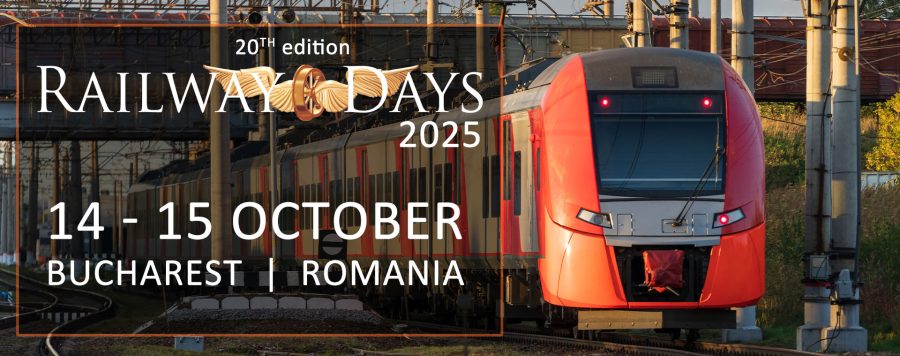Renfe has reported that acts of vandalism caused direct financial damages exceeding EUR 11 million in 2024. The majority of these incidents were due to graffiti, with 4,281 cases recorded out of a total of 6,568.

In response to this persistent issue, Renfe welcomed the recent operation carried out by the Spanish National Police, which led to the arrest of 29 individuals allegedly involved in 287 graffiti-related offences and 319 criminal acts in total. These included 187 counts of criminal damage and 32 of public disorder. The arrests were made in Madrid (18), Málaga (4), Valencia (2), Barcelona (2), Alicante (1), Soria (1), and León (1).
Renfe expressed its gratitude to the National Police, Civil Guard, and other law enforcement bodies for their efforts in tackling vandalism across the rail network. Such incidents, including graffiti, stone-throwing, and the destruction of safety equipment like emergency hammers and fire extinguishers, not only incur high financial costs but also pose safety risks, cause service delays, and degrade service quality.
High cost of graffiti clean-up
Across 2023 and 2024, Renfe cleaned more than 147,230 square metres of graffiti from trains – equivalent to more than 20 football fields. The total cost of cleaning and damage control is estimated at EUR 25 million annually, factoring in cleaning products, labour, safety equipment, energy consumption, waste management, and prevention measures.
Renfe estimates that over 10,000 hours of work per month are spent cleaning graffiti. Additionally, vandals use an estimated 16,000 litres of toxic paint annually, generating 40,000 cans of hazardous waste. To mitigate environmental impacts, Renfe employs strict waste management protocols using absorbent mats and specialised environmental protection procedures.
The company reaffirmed its commitment to public safety and sustainable transport, and pledged to continue its collaboration with law enforcement to prevent further criminal damage across the railway network.
Share on:



